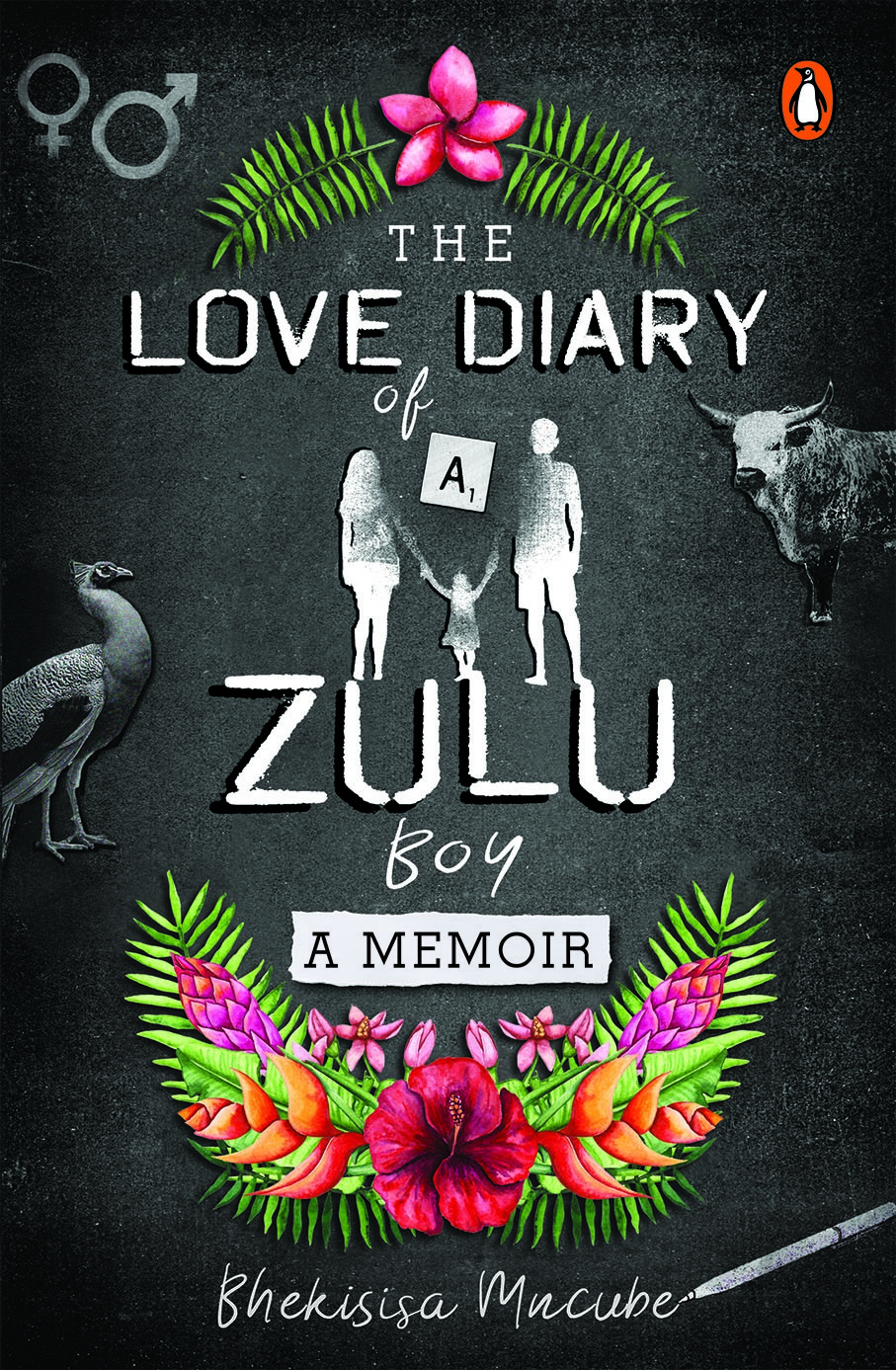
In the City Press edition of May 26, Phetogo Moele offers what masquerades as a critical review of my book aptly titled: The Love Diary of a Zulu Boy. Instead of giving his readers a nuanced analysis of the written text, Moele plays fast and loose with the facts. He draws inferences from inadequate reading material as he admits that he skipped two critical chapters. He goes off on a tangent during which he dishes up invective going as far as concluding that this was, “the worst book I have read this year”.
The publication of The Love Diary of a Zulu Boy was, “premature,” he writes.
He also surmises that the book “needed much thought, critique and focus to flower and take shape.”
He forlornly fails to give us cogent reasons for his bold conclusion. Interestingly, he easily admits to a fatal error of interacting with literature that, he “rushed” and didn’t even read the “foreword”, and “prologue.”
Firstly, this book is a non-fiction account, which means it has to read within a particular context. And that context is set up in the introductory chapters skipped by the reviewer.
It’s impossible to understand this book and or any other non-fiction art form without understanding the back story and texture of the work so eloquently captured in the foreword and prologue. These two chapters set the tone, and they seek to and succeed in helping the reader to understand the interrelated short stories in the book.
As an example, the deputy editor of the Witness Stephanie Saville wrote thus about the book: “This brilliant memoir crosses spoken and unspoken barriers in our country, laying bare the elephant in the room, weaving between time and cultural space, holding the promise of great fascination until the last page.”
Predictably, Moele has no funny bone in his body. Despite the fact that the book is billed as, “comic, tragic and romantic,” he failed to spot comic pieces in the book. Fore-instance he finds the chapter titled Marital bliss: For whom? where the author is locked out of his own house irritating.
He also takes issue with the author’s light-hearted words to the effect that he (Mncube) wants the dispossessed land back from his white wife. The reviewer then writes: “The love diary turns out to be some kind of a political manifesto on land reappropriation (sic).”
Well, this chapter is meant to be humorous, my dear reviewer. It has nothing to do with land expropriation without compensation. Besides, it’s only a footnote in the 219 pages long book.
Perhaps for the benefit of the City Press readers, it’s important to understand the nature and form of writing about self, otherwise known as a memoir. The Love Diary of a Zulu Boy is as Ralph Freedman writes in his seminal work that a memoir is a, “canvas of recollected experience, portraying the world as enriching or impoverishing, as promoting the self or threatening it, or presenting it as a labyrinth through which the author as narrator is distilled as a determining consciousness.”
True to this definition of a memoir, The Love Diary of a Zulu Boy is a recollected experience of a young man born and bred in apartheid South Africa, “black and poor”.
One reviewer summed it thus: The author “escapes the suffocating small-town vibes of his village for bigger things in Durban.”
She concludes that the book is, “funny, charming and captivating, this memoir is a heart-warming story of an unconventional love affair.”
On the whole, the book is a meditative look at the childhood in a context of a patriarchal and misogynistic society sanctioned in part by the Zulu cultural belief system and the then apartheid political system. For your reviewer this explains the inclusion of “past relationships and issues…” of which he believes played, “no role within the greater context of his story.”
He fails to understand that the latter part of the book takes a retrospective account of a lifetime of loving, or perhaps an extravaganza of frog kissing to find a princess. In this case, a princess being a white woman. He fails to grasp the concept of a book inspired by, and not about nexus.
The intimate interracial love affair of the author foregrounds this book, but is not the “predicament” that your reviewer thinks is the hallmark of the book. This then explains why the white wife is cod-named, a practise widely used in the memoirs. This is part of an effort to protect her individual agency as a woman of statue.
As it goes, the one rule of criticism that stands beyond repeal is that it too has a rightful place in literature, along with Faust and Middlemarch, and the critic is under the same moral obligation as any other writer – “to tell the truth”.
As Leonard Cohen sings in his lyrics, “I’ve told the truth, I didn’t come to fool you. I’ll stand before the Lord of Song With nothing on my tongue but Hallelujah!”
The Love Diary of a Zulu Boy is written with an honesty rarely encountered in autobiographical writing, most honest reviewers agree.
• Mncube is the author of The Love Diary of a Zulu Boy, a romance memoir. It is published by Penguin Random House South Africa. It is available at Exclusive Books, CNA, and online at takealot.com and Amazon.




 Publications
Publications
 Partners
Partners








